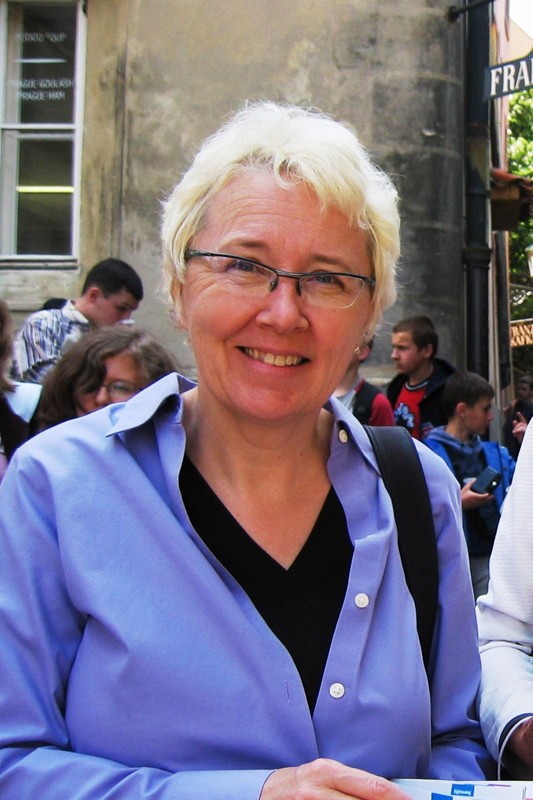High school homophobia and harassment
UW researchers discuss sexual discrimination in Canadian schools and potential solutions
A large-scale statistical study conducted by Winnipeg researchers indicates that homophobia is a profound problem in public schools throughout Canada.
As statistics for this did not previously exist, the publication marks a historical first for Canada. It was published May 12.
Catherine Taylor, the principal investigator for the project and a University of Winnipeg professor, is glad to have filled the gap.
“There was no Canadian evidence to show that LGBTQ (lesbian, gay, bisexual, transgender, queer) students were indeed being bullied in high numbers,” said Taylor. “We needed a large scale study to provide that evidence.”
TL McMinn, another project research assistant, is also relieved that the country finally has data on homophobia in public schools.
“Up until a few years ago, there really has not been any Canadian data available,” said McMinn. “[That made] officials hesitant to believe.”
University of Winnipeg student and project research assistant Allison Ferry believes high schools are excellent spaces to begin discussing and preventing sexual prejudice.
“Starting out in high schools, in places where kids are learning and shaping their ideas . . . would be ideal,” said Ferry.
The study, which involved 3,607 Canadian teenagers, confirmed a number of long-suspected problems.
It states that LGBTQ students are exposed to higher levels of verbal, physical and sexual harassment when compared to other students. Teachers often look the other way in the face of verbal discrimination, the study confirmed.
“ It’s as though we are hiding the fact that we have homophobia.
Allison Ferry, University of Winnipeg student and research assistant
Furthermore, the study found that most LGBTQ students feel unsafe at school and are unable to confide in anyone.
Taylor believes over-generalized human rights policies are ineffective and that schools should begin adopting policies that address specific problems head on.
For example, many schools have zero tolerance bullying policies that fail to describe explicit instances and different types of bullying.
“The ones that are not effective are generic policies that don’t take it as an individual problem,” said Taylor. “Unless we make it explicit for LGBTQ students, students will not come out and report to teachers.”
In September 2007, Taylor and her team launched a 54-item online survey that served as the main source for their data.
For Ferry, the most difficult and surprising part of organizing this data was being exposed to prejudice first hand. She added that often, students answered survey questions to be deliberately hateful towards LGBTQ students.
“The hardest part was going through the verbatim and hearing some of the things that kids were saying,” said Ferry. “I was part of the population that never had to deal with those issues and to realize that so many people were saying such hateful things was upsetting.”
Despite many schools having a human rights curriculum, LGBTQ people often go unmentioned in classrooms and educational environments. Ferry believes this is a key aspect of the widespread prejudice.
“It’s as though we are hiding the fact that we have homophobia,” said Ferry. “We [Canadians] say we are multicultural and diverse but we don’t say anything more detailed.”
Although LGBTQ prejudice is widespread, it can certainly be improved, Taylor contends.
“We can improve things with quite modest interventions like having good policy, establishing gay-straight alliances and, above all, changing curriculum,” said Taylor. “Every other form of diversity is talked about in schools except LGBTQ people. This is unfair.”
To read the entire report, visit www.tinyurl.com/EveryClassStudy.
Published in Volume 65, Number 26 of The Uniter (June 2, 2011)







